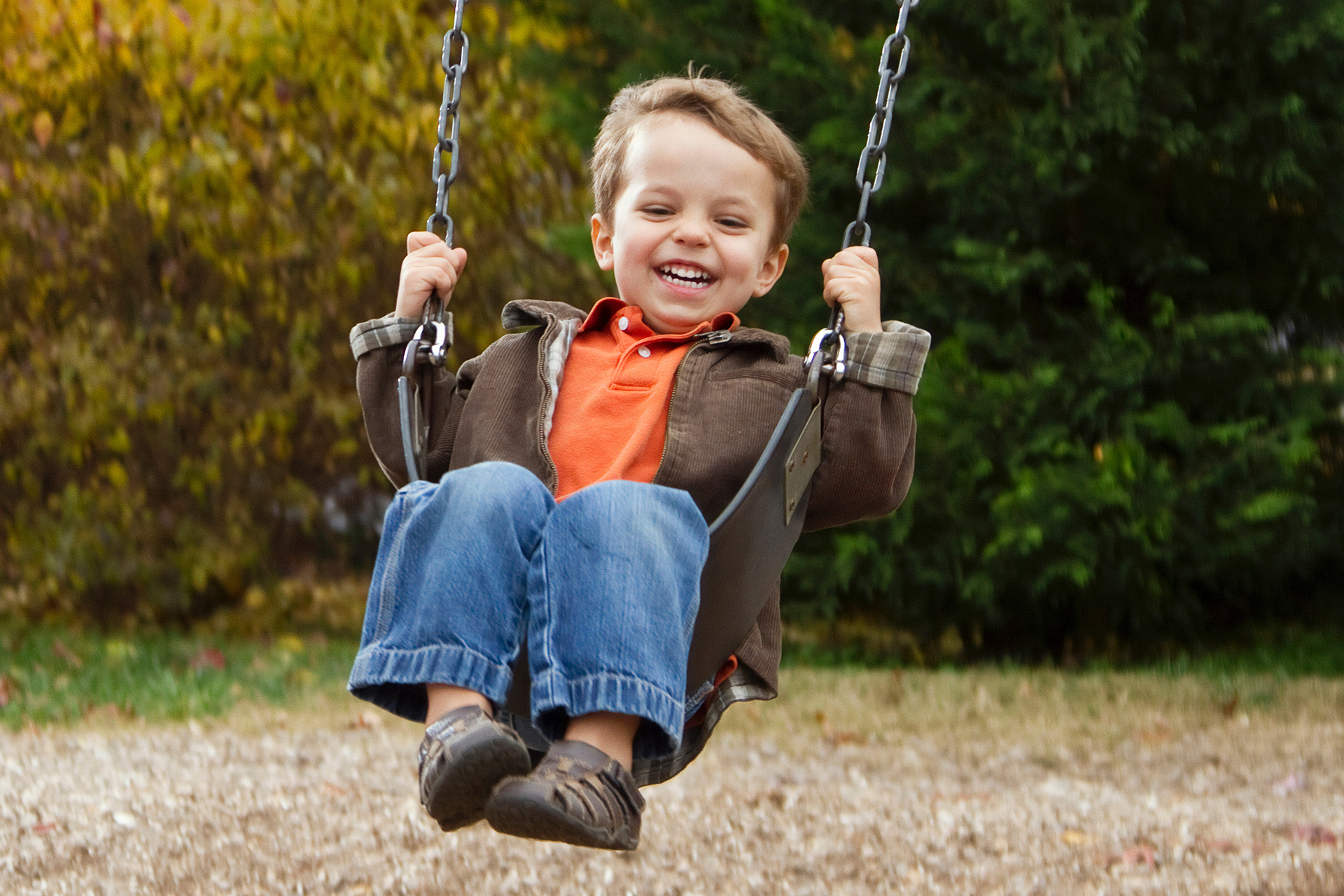Guardianships
Let’s learn about Guardianships and their purpose.
Guardianships are when a court orders someone other than the child’s parent to:
- Have custody of the child; or
- Manage the child’s property (called “estate”); or
- Both.
Why is a probate guardianships needed? Probate guardianships are brought by the person seeking to be appointed guardian or by someone else in the family asking the court to appoint a guardian.
A probate guardianship of the person is set up because a child is living with an adult who is not the child’s parent, and the adult needs a court order to make decisions on behalf of the child. Generally, probate guardianships are for children under 18. In the case of immigrant youth who are seeking special immigrant juvenile status, the law allows a guardianship of the person to be requested (or extended) for a young person who is already 18 but still under the age of 21.
There are 2 types of probate guardianship
Guardianship of the person
In a guardianship of the person, the guardian has the same responsibilities to care for the child as a parent would. That means the guardian has full legal and physical custody of the child and can make all the decisions about the physical care of the child that a parent would make. A guardian can be anyone: relatives, friends of the family, or other people suitable to raise the child can ask to be legal guardians.
As a guardian, you are responsible for the child’s care, including the child’s:
- Food, clothing and shelter
- Safety and protection
- Physical and emotional growth
- Medical and dental care
- Education and any special needs
The guardian is also be responsible for supervision of the child and may be liable for any intentional damage the child may cause.
A guardianship of the person is sometimes needed when, no matter how much parents love their child, they are not able to parent.
Maybe 1 or both parents:
- Have a serious physical or mental illness;
- Are in the military and have to go overseas;
- Have to go to a rehab program for a while;
- Are going to jail for a while;
- Have a drug or alcohol abuse problem;
- Have a history of being abusive; or
- Cannot take care of their child for some other reason.
The court will look at what is in the best interest of the child to make sure the child is raised in a safe, stable, and loving environment. A legal guardian can care for a child when the parents are unable to.
Guardianship of the estate
What is a guardianship of the estate? A guardianship of the estate is set up to manage a child’s income, money, or other property until the child turns 18. A child may need a guardian of the estate if he or she inherits money or assets. In most cases, the court appoints the surviving parent to be the guardian of the child’s estate.
Keep in mind, in some cases the same person can be the guardian of the person and of the estate. In other cases, the court will appoint 2 different people.
The guardian of the estate must:
- Manage the child’s money;
- Make smart investments; and
- Manage the child’s property carefully.
A guardianship of the estate is created to manage a child’s property.
For the most part, it is needed when:
- The child owns or receives valuable property, like if a child inherited a house or a large amount of money.
Alternatively, when is guardianship of the estate not needed?
- A child only owns inexpensive toys and clothing; or
- The child receives social security benefits or TANF/CalWorks (welfare).
CALL CA LEGAL DOCS IN WALNUT CREEK, CA TODAY AND LET US SEE HOW WE CAN HELP!

